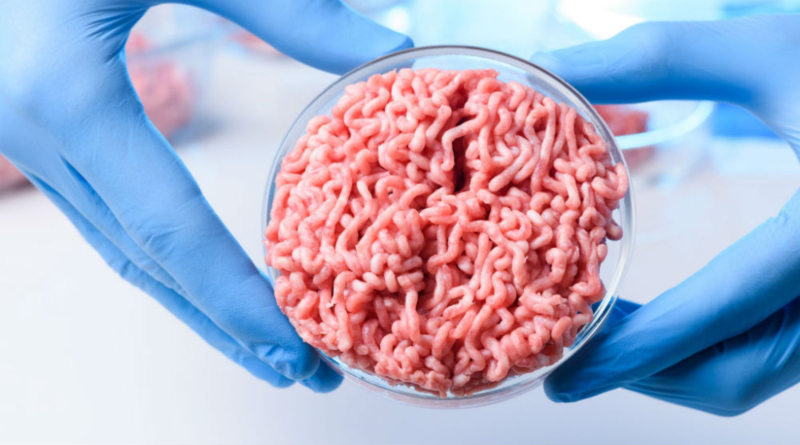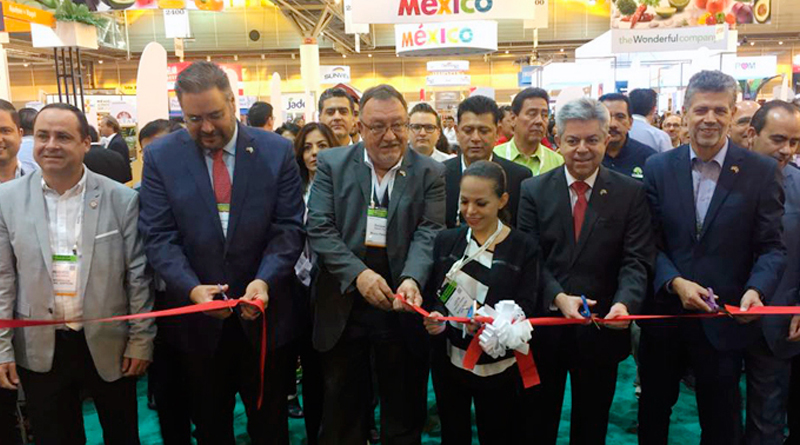The constant rise of global demand for protein poses a threat of meat shortage in the agricultural sector. To address this, few companies use artificial meat as an alternative to traditional ones. Since its implementation, people started to doubt whether the production of synthetic meat is healthy and safe for the environment and for human consumption.
The Food and Drug Administration held a meeting last year to address the health and safety concerns surrounding synthetic meat production, according to Best Food Facts. But to this day, societal and ethical concerns still plague artificial meat. Experts also have disparate opinions regarding its adoption in the food industry.
Dr. Candace Croney, a professor at Purdue University, stated that the production of synthetic meat minimizes the suffering of animals. Although the process still requires the use of live animals as progenitors of tissue, more animals will be spared because the artificial meat will be mass produced for human consumption. She also claimed that the production of synthetic meat reduces the environmental impacts of livestock production.
Dr. Raymond Anthony, a philosophy professor at the University of Alaska Anchorage, also pointed out that synthetic meat production creates a sustainable food supply for the future. He said that the production of artificial meat covers nine billion people and helps reduce the threat of meat shortage.
Dr. Mark Post of Maastricht University stated that lab-grown meat has not raised health concerns even though artificial meat is grown from the same cells as traditional meat. Similarly, Shaked Regev, the executive director of the Modern Agricultural Foundation, stated that cultured meat is a healthier option since its production does not require the use of antibiotics. Antibiotics put consumers at higher risks for infections. Production of traditional meat is also prone to salmonella conta
Conversely, Inhabitat reported that the production of artificial meat damages the environment. The process releases carbon dioxide, which is very harmful for the Earth’s atmosphere at high concentrations. In comparison, the production of cattle-grown meat releases methane which is also a harmful compound that contributes global warming. Despite these compounds’ harmful effects, methane breaks up after 12 years while carbon dioxide remains in the atmosphere for thousands of years.
The report also suggested that the adverse effects of lab-grown meat may be minimized if producers use sustainable energy for their production. This process mitigates the overall use of carbon, thereby preventing large concentrations of carbon dioxide from building up in the atmosphere.
It remains to be seen whether artificial meat will be widely accepted in the future. Since its production has pros and cons, any decision regarding its mass adoption in the food industry will entail compromises. But if scientists could find a way to eliminate the negative effects of artificial meat production, then mankind could have lab-grown meat at their disposal.
Source: Medical Daily










